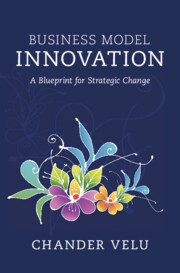A number of studies have described different preference patterns typically found for women and men when selecting a long-term partner. Despite the number of investigations on the topic, one must be careful not to generalise because most studies use samples of North American undergraduates. In this study, heterosexual participants from Brazil and Portugal rated the desirability characteristics in a possible long-term partner. The sample was composed of 402 participants, of whom 187 were Brazilian (92 women and 95 men) from Brasília University, Brazil; and 215 were Portuguese (121 women and 94 men) from Porto University, Portugal. Participants of each culture responded to the same 18 items, measuring four factors: personality, physical attractiveness, resources, and abilities. As predicted, women rated indicators of personality, resources, and abilities significantly higher than men, who rated physical attractiveness higher. Brazilian students rated resources higher than did Portuguese students. The findings are discussed in the context of some evolutionary and sociocultural notions posited in explanations of mating behaviour. Limitations of this methodology are discussed.
